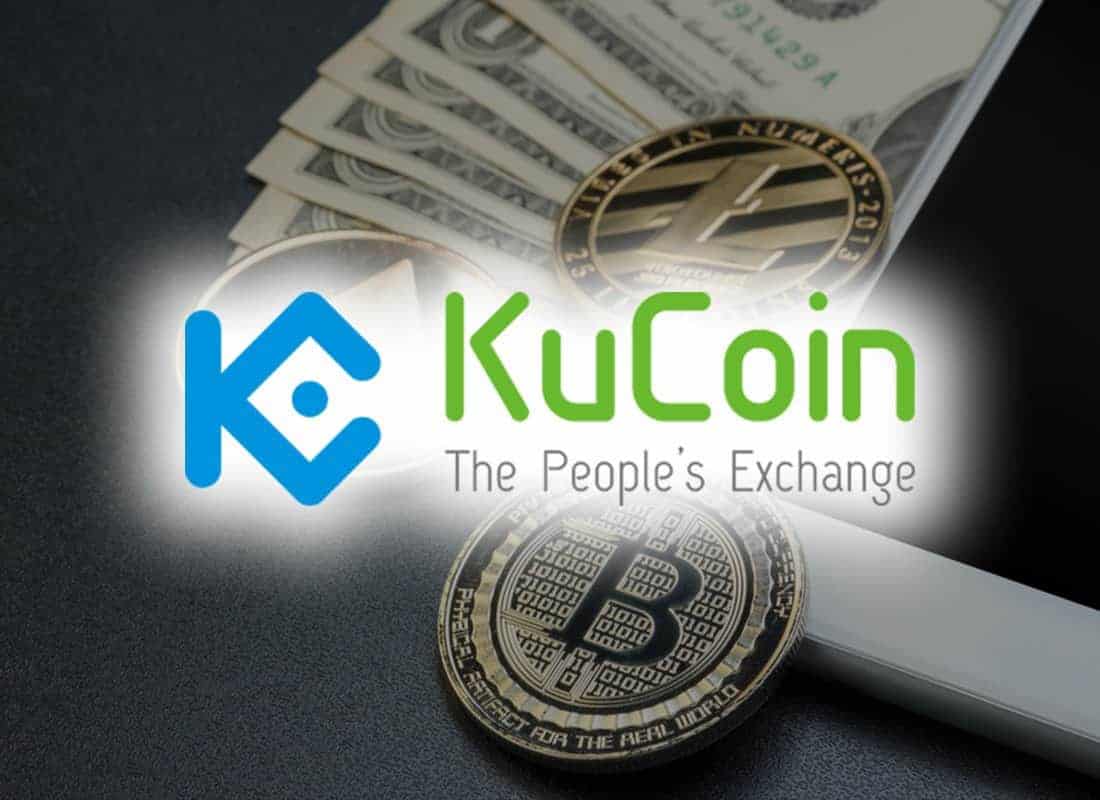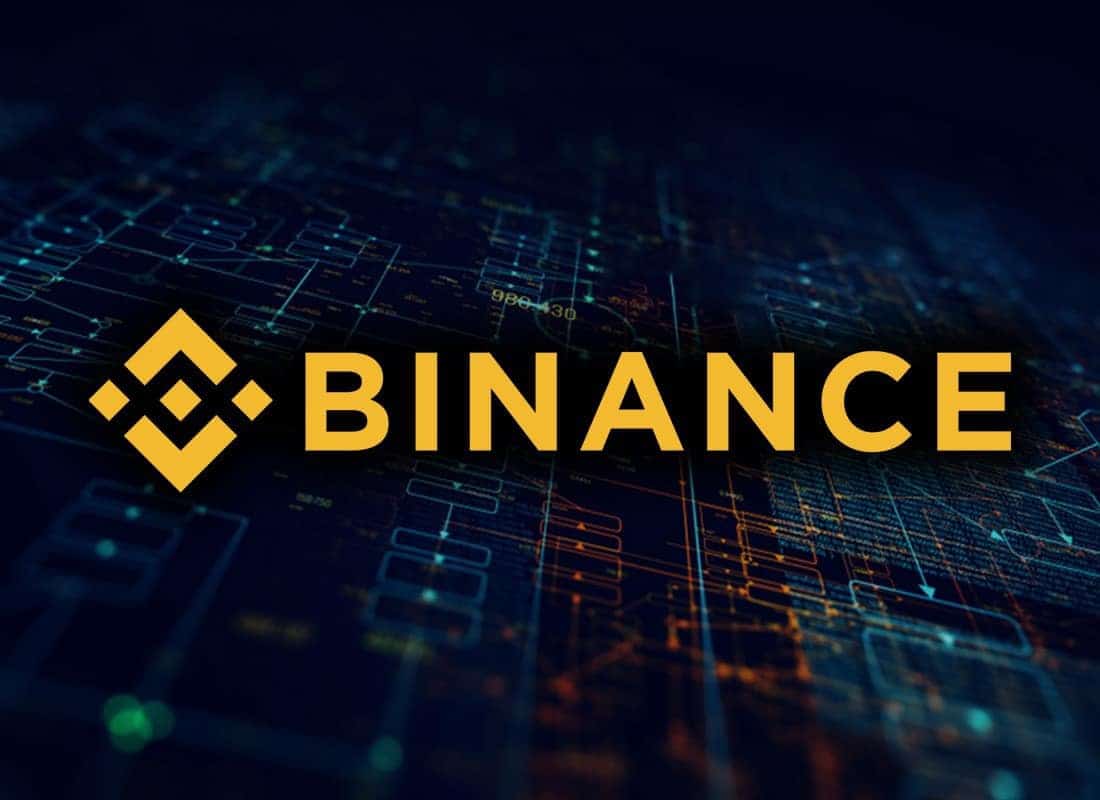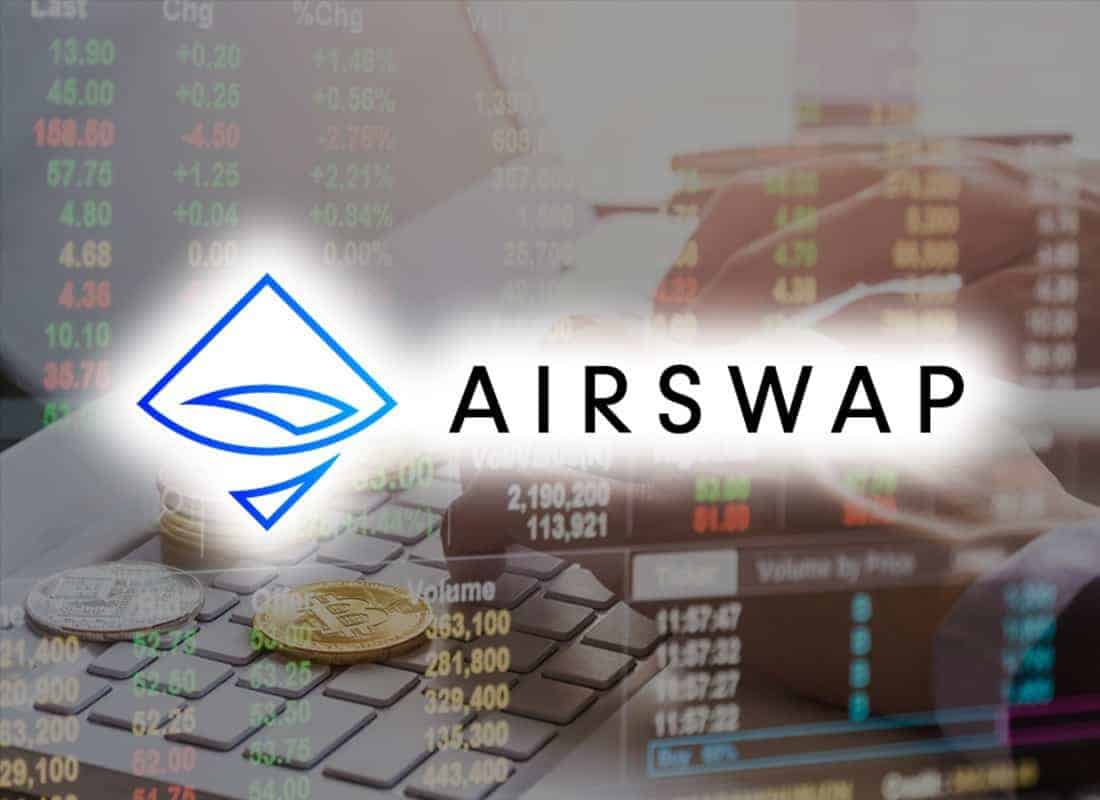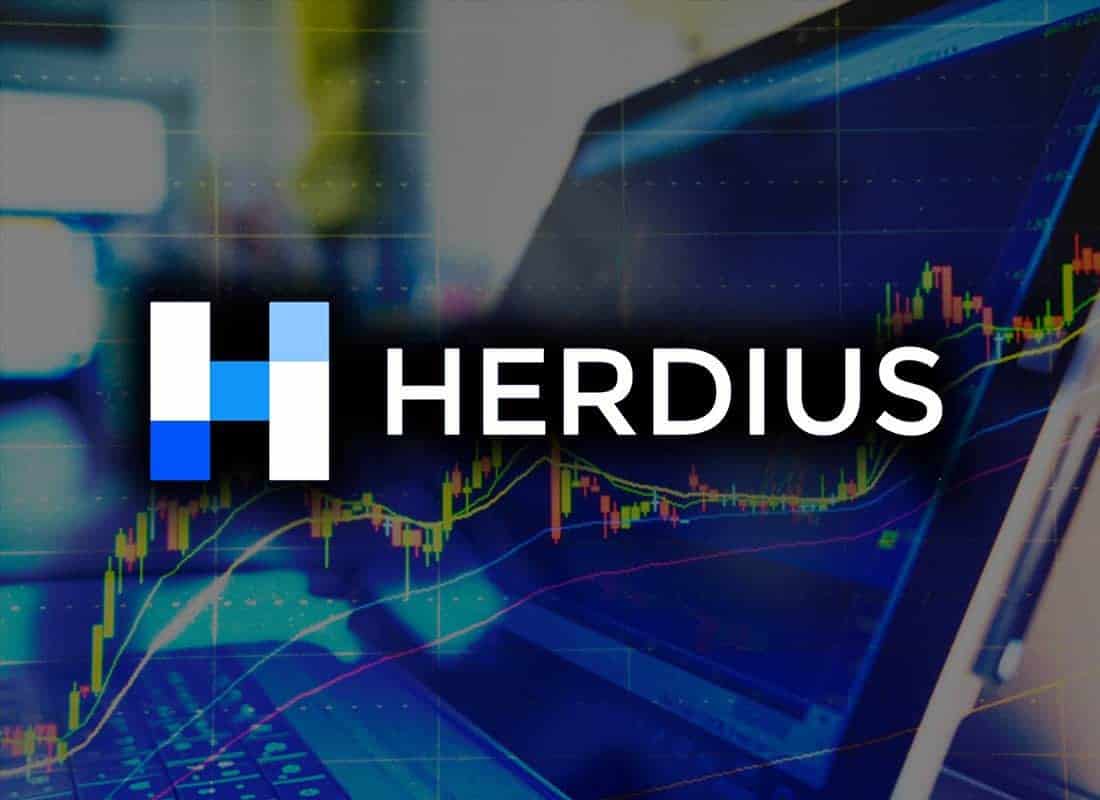Whether you like to trade cryptocurrency out of curiosity, as an investment hobby, or as a serious financial instrument, the legitimacy and security of your trading platform should be your number one concern. Cryptocurrency exchanges live and die based on how well they’re able to secure and verify the thousands of transactions they complete each day. In this regard, not all exchanges are created equal. Some prioritize user security at the cost of ease-of-use. Others find a tradeoff between some esoteric security features and making their platforms accessible to anyone, regardless of technical know-how. But with so many cryptocurrency platforms appearing and vanishing, it can be hard to keep track of which ones provide reliable protection for your investment, and easy to fall into bitcoin bailout scams. So we created this guide to the most secure exchanges to show you the way.
Why Choosing the Most Secure Exchanges Matters
In fact, security is built into the very word “cryptocurrency.” Crypto stands for cryptography, the art of writing and solving codes. The strength of those codes is the ultimate measure of a trading platform’s security. But there are other factors involved too.
We can break down cryptocurrency trading platform security into a few key components. First, of course, there’s the basic level of encryption that the platform uses. Encryption, or the scrambling of information into an unreadable format when it traverses a network, prevent unauthorized access to the cryptocurrency’s blockchain ledger. If it’s possible to breach this level of security, nothing else matters—your data and your investment are at risk.
In addition to encryption, however, there are a number of other factors to consider when shopping for the most secure exchanges.
- Where your funds are stored and who has access to them
- The extent to which the exchange is centralized vs decentralized
- The exchange’s legal and regulatory compliance
- The availability of software and offline access controls to prevent fraud or loss
This guide to the most secure exchanges considers all of the above factors. But we also know that different traders have different security vs. convenience needs. So we’ve arranged the exchanges in order from those that offer strong security with little user effort all the way to the most iron-clad exchanges in existence.
10. Coinbase (Coinbase Pro)
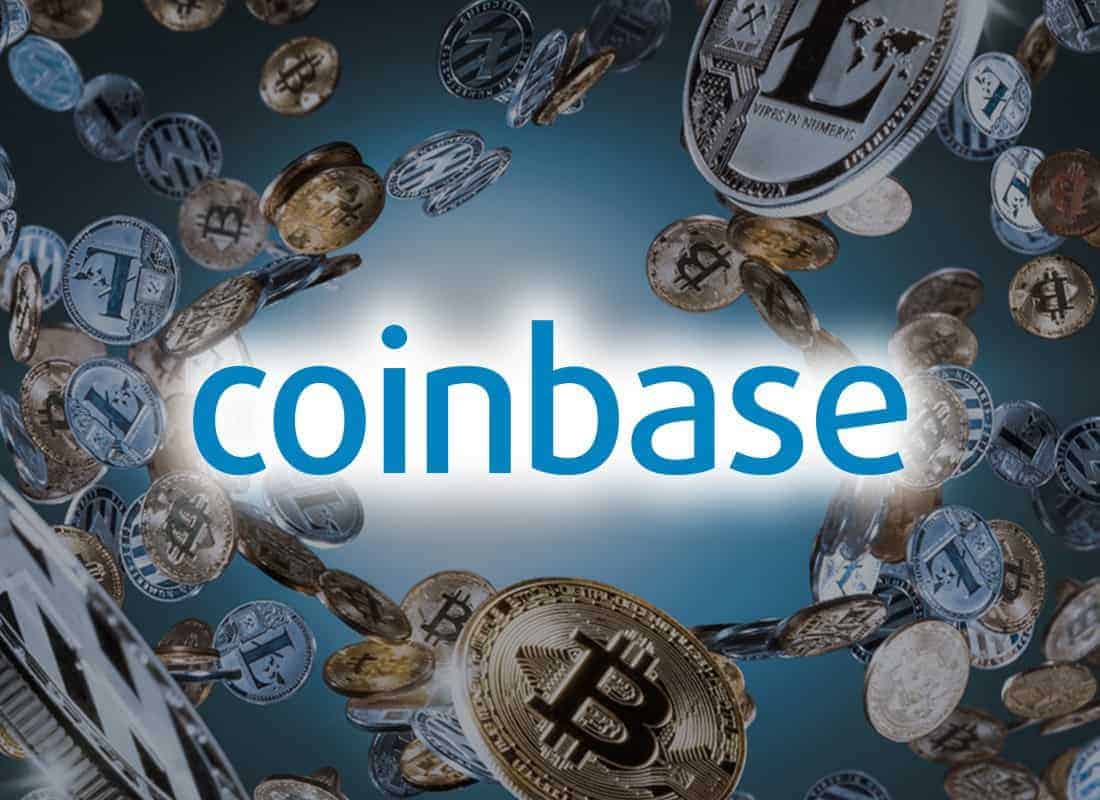
Just because it’s number 10 on the list doesn’t mean Coinbase is the least secure. To the contrary, Coinbase is exemplary of security melded with ease-of-use. Its two different tiers offer complexity for professional traders who need granular control and a streamlined version for less demanding users. Both, however, offer individuals excellent security features.
People trust Coinbase and Coinbase Pro for a reason. They are secure, insurance-backed trading platforms not just for cryptocurrency but for a variety of digital assets. In fact, any USD balance has FDIC insurance up to a maximum of $250,000 per customer. All other digital assets held in online storage also have insurance.
In addition to the fundamentals like requiring two-factor authentication and military-grade AES-256 encryption, Coinbase keeps 98% of customer funds offline, preventing their loss or theft. Coinbase can also leverage its immense global infrastructure to keep funds secure. Bitcoins on the Coinbase exchange have a global distribution in vaults and safe deposit boxes. Then, there’s analog (i.e. paper) backup and offline USB drive backup redundancies, also distributed around the world.
In short, Coinbase kicks off our list because it sets the standard for cryptocurrency security practices, especially for client wallets. If you’re looking for one of the most secure exchanges that’s also easy to use, Coinbase is a great place to start.
9. Kucoin
Kucoin may be new to the cryptocurrency trading space, but the team of developers behind it are seasoned blockchain veterans. Although it’s an exchange primarily for trading between different coins, Kucoin lists numerous popular digital assets thanks to its underlying blockchain technology.
That technology is also at the root of Kucoin’s exceptional security profile. On both the operational and platform level, Kucoin employs some of the most stringent security practices available. First, there’s bank-level security for the exchange’s assets. That means multi-layered architecture with three data centers across two locations—the same disaster proof security financial institutions use.
Kucoin also adapts fund storage security according to need and scale. Small wallets rest on an Amazon Web Services cloud behind a firewall, while larger wallets get bank storage. In fact, the only reservation you may have about Kucoin as one of the most secure exchanges is that, despite all these features, nothing has really tested how secure it is. For now, it’s all about confidence. So if you’re looking for an exchange that’s a little more proven, read on.
8. Kraken
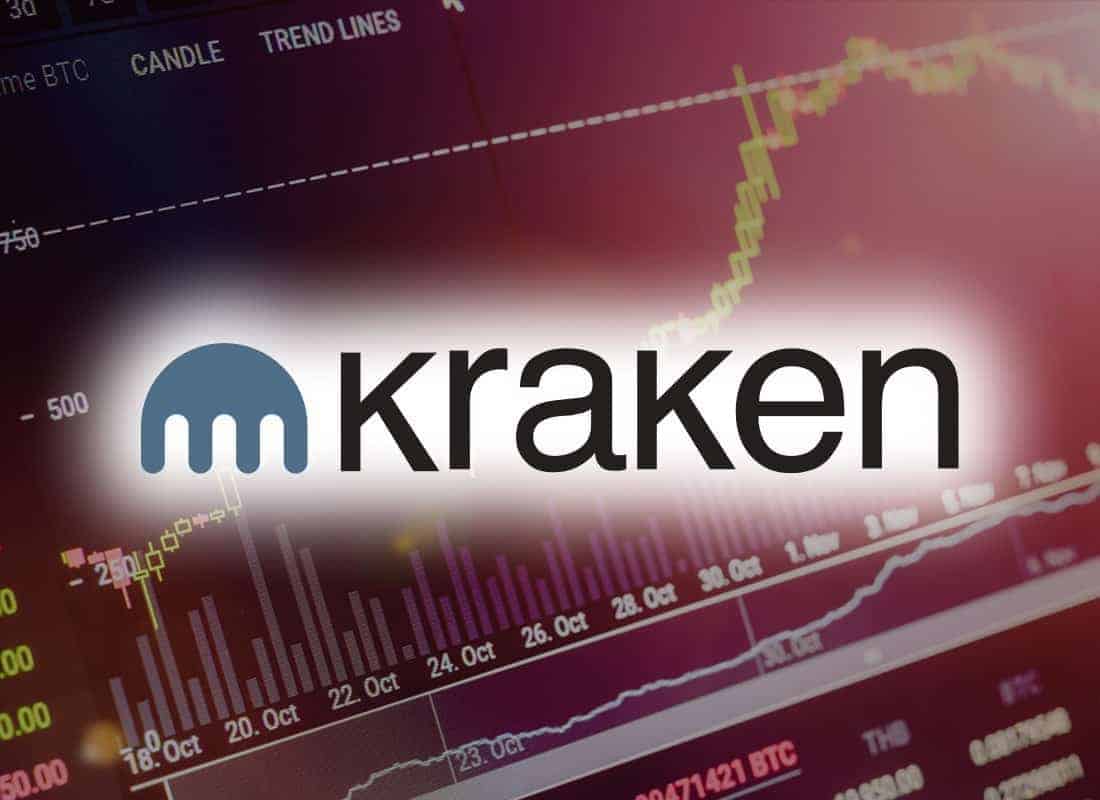
Kraken’s ease-of-use and comprehensive approach to security make it one of the most popular exchanges out there. It certainly has the track record to prove it. In addition to asset security, Kraken prioritizes legal compliance, system and account protection, and financial stability as hallmarks of its security profile.
On Kraken, all wallets have AES-256 encryption. The only liquid coins—or “hot wallets”—are those that maintain the platform’s operation. Some coins rest in “semi-cold” reserve wallets on locked drives in case the platform needs to access them quickly. Everything else is offline, with literal air-gap isolation from the online infrastructure.
User control over security, however, is one of the most attractive aspects of Kraken. All sensitive account data is encrypted of course, but so is all user information, including email communications. Additionally, if a user ever experiences a security breach, there’s a kill switch to lock down the account globally. On top of all that, financial security and legal compliance lend peace of mind and stability to Kraken. With servers locked in highly secure buildings behind armed guards and biometric scanners, Kraken is easily one of the most secure exchanges around.
7. Binance
Binance is a cross-currency exchange platform that’s quickly garnering a reputation as one of the fastest, most reliable, and secure exchanges operating today. Comparing its security features to other exchanges, however, there’s nothing very exceptional about Binance. It has a multi-layer, multi-tier system architecture, two-factor authentication and a gamut of other asset and platform security measures.
In March 2018, Binance demonstrated just how effective its security really is. Using a phishing attack, hackers gained the login credentials of several Binance clients. Then, using the logins to launch a coordinated attack, the hackers converted all of their marks’ altcoins to Bitcoin, pumped Viacoin with a massive purchase surge, traded their own holdings of Viacoin for BTC, and attempted to transfer it to their own wallets.
Binance’s automated security measures caught the attack in time. No one lost funds—except the hackers. That heroic save secured Binance’s reputation as one of the most secure exchanges. It even offers a $250,000 bounty for anyone who catches the hackers. And the Binance CEO predicts strong crypto growth.
6. Huobi (Pro)
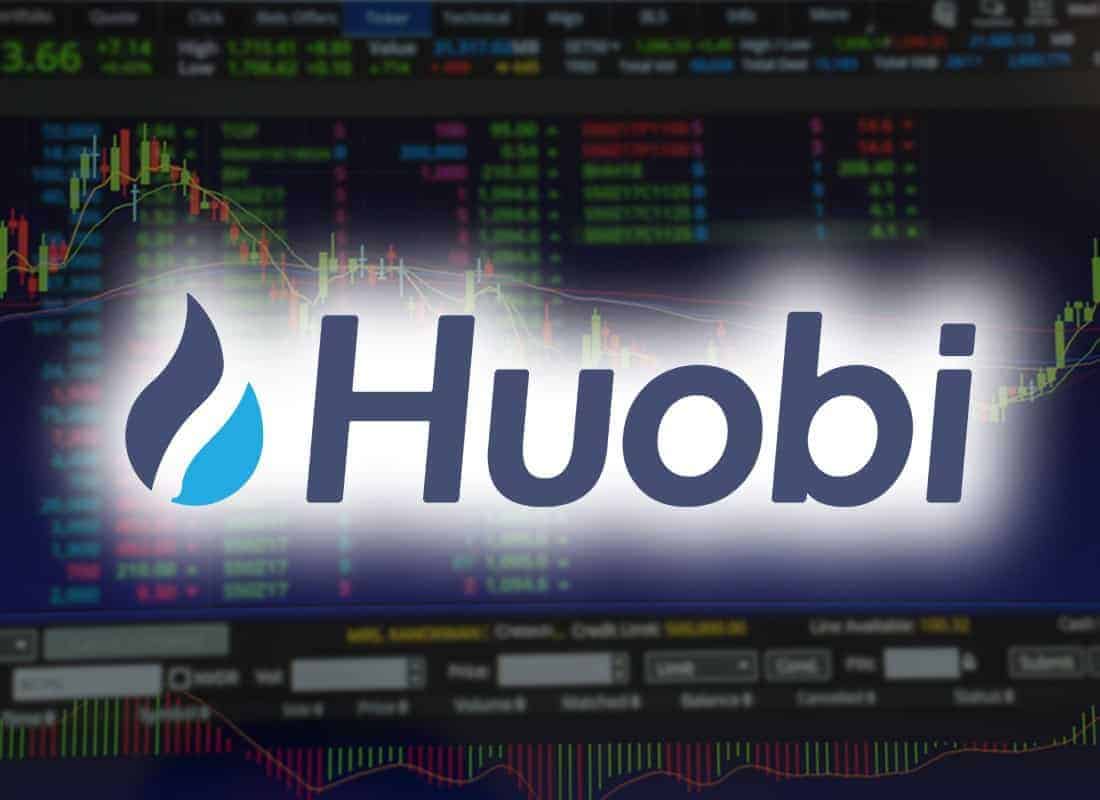
Huobi Pro is a world-leading cryptocurrency exchange. Recently, it took an unprecedented step to protect user and asset security on its platform. With both its “User Protection Fund” and a “Huobi Security Reserve,” Huobi is now guaranteeing that it will fully compensate any and all losses on its platform.
Too often, cryptocurrency exchanges will provide strong security, but when things go wrong, clients pay the price. If an exchange decides that a loss or breach was unpreventable, it can refuse to pay users back. That won’t happen on Huobi or Huobi Pro. Its Security Reserve—reserved for Pro users—will hold 20,000 Bitcoins. On the other hand, Huobi will create its User Protection Fund for all users from 20% of its own net revenue, which it will use to buy back Huobi Tokens.
Coupled with a track record of zero breaches and zero hacks, a guaranteed compensation program makes Huobi one of the most secure exchanges not just for trading, but for storing your digital assets as well.
5. Gate.io
Gate.io represents one of the more unique exchanges in this guide. It’s a new cryptocurrency exchange platform that began in 2017 and has grown steadily since. The majority of its $40 million worth of daily trading activities are in BTC, ETHC, USDT, and QTUM. Its popularity is due in large part to its low fee structure. But its security features should also catch your eye.
Gate.io utilizes both cold storage and hot wallets to store funds. Client credentials use two-factor authentication, while also requiring users to set two different passwords: one for their login to the exchange, the other for accessing trading and asset withdrawals. The team at Gate.io also offers excellent customer support (in English and Chinese) and can help users set up a number of best-security practices, such as using fixed IPs when creating passwords.
4. Bittrex
Bittrex is a huge name in blockchain. Anyone familiar with cryptocurrency trading is likely familiar with Bittrex. It’s not only the premier U.S.-based blockchain trading platform but a global leader in incubating innovative tokens to revolutionize trading, services, and operations.
Thought, security is still Bittrex’s bread and butter. The exchange utilizes multiple layers and constantly updates security technologies to adapt to the latest threats.
The majority, but not all of Bittrex’s funds are held in cold storage. This is because Bittrex uses an elastic, multi-stage wallet strategy that can keep most funds offline until needed for a transaction. There’s also two-factor identification to prevent unauthorized access. Traders can rest assured that Bittrex has a commitment to legal compliance. This helps protect users from unlawful behavior from other peers and currency developers.
3. Airswap
Airswap is a very secure and scalable token trading infrastructure built on the Ethereum protocol. It’s an exchange that has an eye on the decentralized future of blockchain and cryptocurrency trading. All the hallmarks of a secure exchange are here. Users stay in control of their assets, and peers directly settle trades with each other, without the involvement of a third party or central intermediary.
Airswap boasts a protocol it says is “true peer-to-peer exchange.” It won’t sacrifice access to competitive pricing, but also won’t front run. As a scalable exchange, Airswap also hopes to be one of the most searchable. Imagine an internet without search; this is basically blockchain now. But as millions of assets continue to come online, knowing where they are and what’s available for trade becomes more difficult. Airswap’s exchange, however, has a powerful search function. Users can quickly find the tokens they need, connect to a counterparty, and securely execute a trade.
2. Herdius
Herdius is a powerful cryptocurrency exchange platform with groundbreaking security features. It aims to become a kind of meta-exchange, grafting a new digital infrastructure on top of any and all blockchains. The goal of this vertically scalable chain, for crypto, is to create a distributed wallet network.
The heart of what makes Herdius one of the most secure exchanges is what it calls a “crypto asset agnostic decentralized exchange.” What that means is that Herdius could one day become an exchange for trading all kinds of digital assets. The underlying blockchain technology won’t matter. Middlemen will no longer be necessary. Secure wallet trading will become possible.
Herdius is all about using speed to improve security be linking peers together in its seamless network. This improves user experience and speeds up confirmation times.
1. Bisq
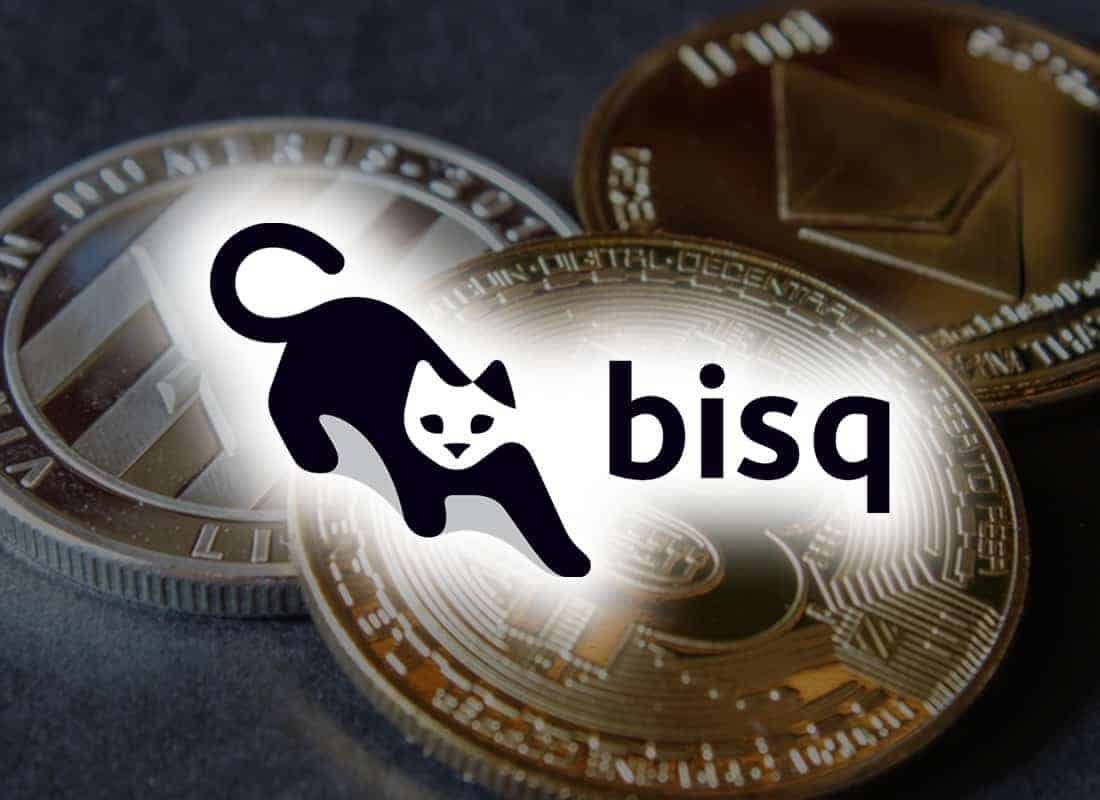
Bisq is a decentralized Bitcoin exchange. The fact that it’s a decentralized exchange already signals that security is a priority. Bisq’s platform is also open source, meaning anyone with the expertise can check its code for vulnerabilities or exploits.
Bisq is a desktop application. You can use it to buy and sell bitcoins in exchange for national currencies or alternative cryptocurrencies. But what makes it unique is its security features. Because it’s decentralized, it’s instantly accessible. Users need no registration approval from a central authority. Since it’s peer-to-peer, trading will never stop or experience censorship.
Best of all, all user data is stored locally on user devices. Bisq never holds on to any funds. Additionally, all transactions are end-to-end encrypted and routed over the Tor network. These features make Bisq one of the most secure exchanges out there. You’ll never have to forfeit control or privacy to a central authority to trade with other peers.
The Most Secure Exchanges for Buying and Selling Cryptocurrency
With so many choices, picking the right cryptocurrency exchange to fit your investment philosophy and trading needs can seem like a daunting task. Security is an immensely complicated, multi-dimensional problem. The most secure exchanges, in the end, are those that are willing and able to adapt to new threats. As blockchain technology evolves, so do the risks involved in applying it.
Cryptocurrency exchanges, then, need to find a strong operational balance between platform, asset, and user security. Where, how, and with what protections your data—and your valuable assets—are stored matters. How reliable and responsive an exchange is, matters. It’s legal compliance matters. But ultimately, how you want to use a platform will shape what security features matter most to you.



